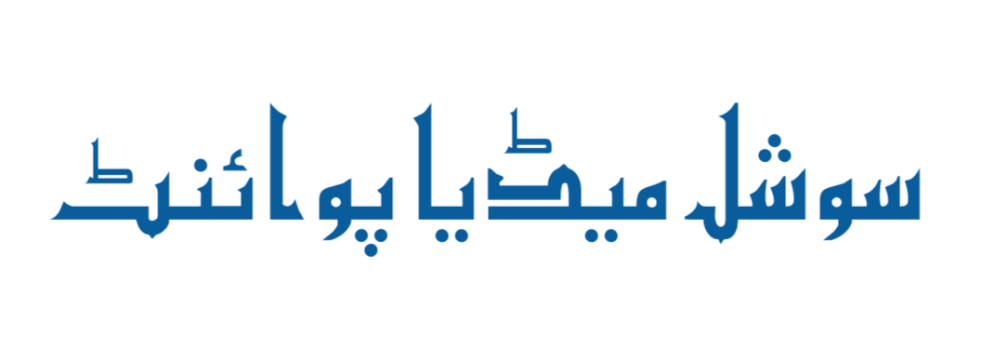In a vibrant classroom filled with colorful artwork created by deaf children, Riffat Niaz, a 53-year-old Urdu teacher, engages her students through sign language. As a deaf educator at Deaf Reach, an organization dedicated to supporting the deaf community in Pakistan, Riffat uses her experiences to foster a nurturing and inclusive learning environment. Through cheerful jokes and animated visuals, she teaches her students the names of fruits in Urdu, bridging the gap between language and communication.
A Personal Journey
Riffat's journey has been fraught with challenges. She grew up in a village, facing obstacles in education due to a lack of understanding and acceptance of sign language. “Earlier, I studied in a school where sign language was not easily understandable. The teachers would get angry,” she recalls, explaining how her time at Deaf Reach transformed her life. It was here that she not only learned sign language but also gained the skills necessary to teach her own children.
After initially working as a seamstress, Riffat pursued a Bachelor of Arts and became a teacher, sharing her knowledge and experiences with her students. Her commitment to education reflects the critical need for accessible learning opportunities for the deaf community in Pakistan.
The Deaf Community in Pakistan
With over four million deaf individuals in the country, the need for inclusive education and employment opportunities is urgent. Many deaf people still experience isolation due to a lack of understanding of sign language within society. According to a 2023 study, Pakistani Sign Language (PSL) is used by around 250,000 individuals, highlighting the necessity for broader education and acceptance.
Sign Language as a Human Right
Recognizing the significance of sign languages, the United Nations observes the International Day of Sign Languages on September 23 to promote the linguistic identity of deaf individuals. Advocates argue that sign languages should be regarded as essential for the realization of the human rights of deaf people.
Riffat, along with her students, navigates these challenges with humor and resilience, proving that education can flourish even amidst adversity. The innovative teaching methods at Deaf Reach, combined with a supportive community, create an environment where deaf individuals can thrive.
Systemic Challenges and Advocacy
Despite progress, systemic issues persist. Many deaf individuals face significant barriers to employment due to a lack of understanding of their capabilities. Riffat's journey is emblematic of the broader struggle for recognition and acceptance within society. As she notes, “Getting a job as a deaf woman was a tough task,” emphasizing the need for employers to recognize the potential of deaf individuals.
Organizations like Deaf Reach, the Pakistan Association of the Deaf, and Connect Hear are instrumental in providing training and support to the deaf community. These initiatives not only teach sign language but also promote understanding and acceptance within the wider population.
The Role of Family and Community
Family dynamics play a crucial role in the lives of deaf individuals. Riffat’s brother Khalid emphasizes how learning sign language has strengthened their bond, enabling better communication and reducing misunderstandings. Similarly, Zahid, a deaf staff member at Deaf Reach, shares his experiences of overcoming communication barriers within his family, illustrating the importance of sign language in fostering connections.
Azima Dhanjee, the founder of Connect Hear, underscores the need for society to embrace sign language as a legitimate form of communication. She advocates for the normalization of sign language education from an early age, arguing that it would facilitate better interactions in various settings, including healthcare and education.
A Vision for Inclusivity
As the deaf community in Pakistan continues to face challenges, the emphasis on learning and normalizing sign language is paramount. Educators like Riffat are leading the way in creating an inclusive environment where deaf individuals can thrive academically and socially.
“Deaf people do not believe they are 'disabled.' They simply communicate in a different language: sign language,” says Aaron Geary, director of Deaf Reach, highlighting the importance of recognizing deaf individuals as capable members of society.
By advocating for inclusive education and societal acceptance, the deaf community in Pakistan aims to establish equity and a sense of belonging. The journey towards greater awareness and understanding is ongoing, but with the efforts of passionate educators, advocates, and organizations, significant progress is being made

